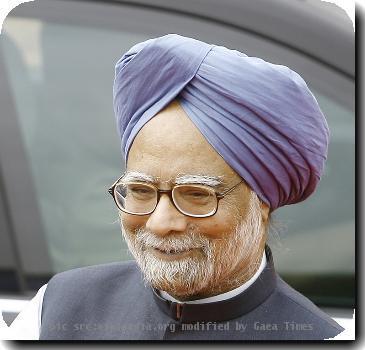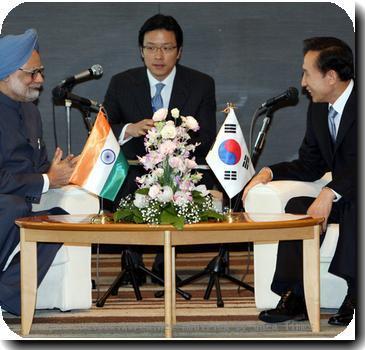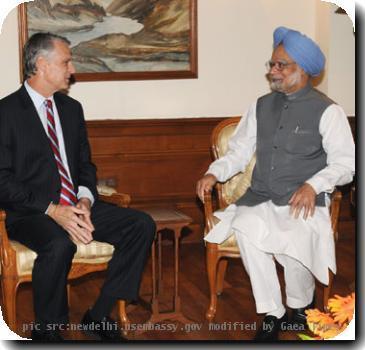India’s govt proposes reserving one-third of parliamentary seats for women
By Ashok Sharma, APMonday, March 8, 2010
India wants to give women 1/3 of legislative seats
NEW DELHI — India’s upper house of parliament voted overwhelmingly Tuesday for a historic bill that would reserve one-third of legislative seats for women, despite a boycott by socialist lawmakers.
Prime Minister Manmohan Singh described the 186-1 vote a “historic step forward toward emancipation of Indian womanhood.” The bill now goes to the lower house, where it is likely to pass.
Members greeted the announcement of the voting result by thumping their desks.
The vote came after socialist lawmakers blocked the parliamentary debate on Monday and forced the upper house to adjourn twice on Tuesday. The protesters later boycotted the voting.
The bill to reserve one-third of legislative seats for women — in national and state parliaments — has faced strong opposition since it was first proposed more than a decade ago, with many political leaders worried that their male-dominated parties would lose seats.
But socialist lawmakers’ objection is that the bill does not go far enough: They would like to see seats reserved for ethnic minorities and people from low castes.
The Bahujan Samaj Party lawmakers, who mainly represent lower castes, participated in the debate but abstained from voting. They were protesting the government’s rejection of their demand to reserve seats for women belonging to their community within the government proposal.
On Monday, angry legislators in the Rajya Sabha, the upper house of parliament, rushed to the chairman’s seat as he presided over the session, tore up copies of the bill and tried to grab his microphone.
The bill is expected to be taken up the powerful lower house of parliament for voting next week. It will have to be approved by 15 of India’s 28 states before it becomes law.
It is expected to pass since the main opposition parties, including right-wing Bharatiya Janata Party and communist groups, already have announced their support for the legislation proposed by the ruling Congress Party.
Arun Jaitley, a top leader of the Hindu nationalist Bharatiya Janata Party, said even 63 years after India’s independence from British colonialists, women had only 10 percent representation in the powerful lower house of parliament. They make up nearly 50 percent of India’s more than 1 billion people.
The proposal is an attempt to correct some of the historical gender disparities in India, where women receive less education than men and are weighed down by illiteracy, poverty and low social status.
The bill would raise the number of female lawmakers in the 545-seat lower house to 181 from the current 59. It would nearly quadruple the number of women in the 250-seat upper house.


